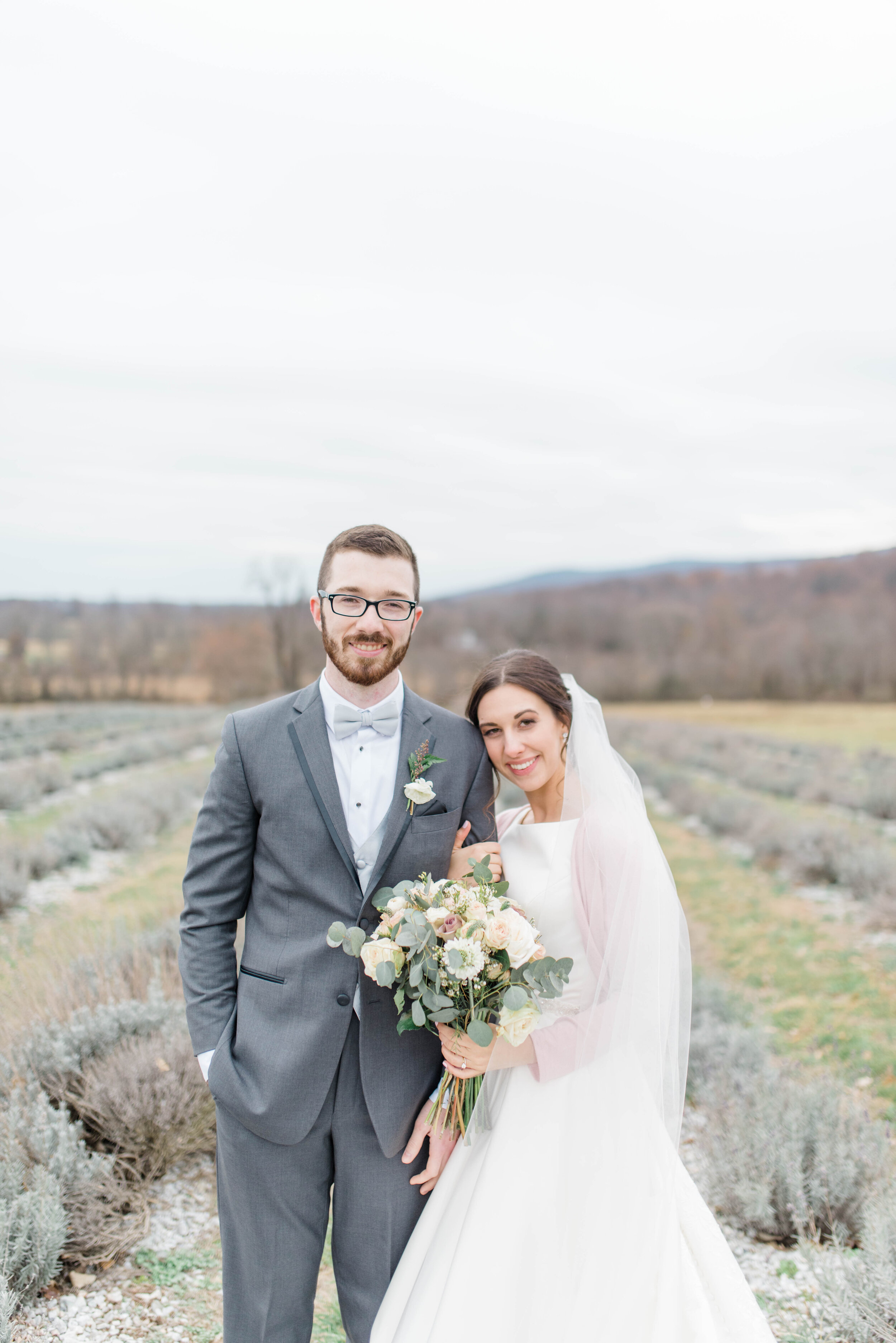Newlywed Life | Becoming the Sacrament
/STEPHANIE FRIES
He approached the microphone, looked across the altar where we sat side-by-side, and began the homily of our Nuptial Mass, “Today, you have traveled here to commit your vows to each other in front of friends and family in the Sacrament of Matrimony.”
Father Martin pauses, glances around the sanctuary, then looks back at us; the thoughtful pause in his diction builds emphasis and suspense before he puts words on a vital truth,
“Today, you become the sacrament.”
PHOTOGRAPHY: AN ENDLESS PURSUIT
Fast-forward three weeks into married life when my husband and I received a phone call from my parents and the two priests who concelebrated our wedding. They were all together for dinner—and eager to hear our updates.
They asked about married life, routines, work schedules, and dinner plans. Eventually Father Martin took hold of the phone and, with his dignified pause, created some silence across the phone line before speaking. “Ahem, Mr. and Mrs. Fries, I have a question for you. On your wedding day I shared how you became the sacrament through the grace of the sacrament.”
“Yes, that sounds familiar,” we responded with anticipation.
“So, my question: in this first month of marriage, how have you become the sacrament?”
Geoff and I looked at each other with blank stares; we were now utilizing our own intentional pause before we responded. To be honest, that was not a conversation topic that had come up between us since we first heard it from our seats on the altar. We didn’t have our response prepared on the tip of our tongues. But there was the question, waiting to be answered.
How have we become the sacrament?
When something is sacramental, an invisible, theological truth is made visible. Sacrament involves transformation.
Consider, for example, the sacrament of Baptism. As the prayers are said and the catechumen is “freed from sin and reborn as a child of God,” pouring water over their head is the visible component to bring a spiritual reality to life. Beyond receiving the sacrament of initiation, the people of the church are empowered in a new way, ”Faith must grow after Baptism. For this reason the Church celebrates each year at the Easter Vigil the renewal of baptismal promises. Preparation for Baptism leads only to the threshold of new life.”
In the Sacrament of Matrimony, vows are said aloud, rings are exchanged and, if possible, those vows are physically consummated. Through the sacrament, there is a visible and invisible uniting of the husband and wife. Following the sacrament itself, “This grace proper to the sacrament of Matrimony is intended to perfect the couple's love and to strengthen their indissoluble unity.“
I pause to wonder, what truths have we made visible since our sacramental union? How have we been transformed?
In our own experience, married life was initially surrounded by logistical changes, yet our spirits were marked with a consistent, calm embrace of our new shared life. We responded to Father Martin’s question in a dialogue, offering reflections of the peace and joy which resonated in our hearts since our wedding day. We spoke of our experiences of service and generosity to each other in our new home. “But really, we just love getting to start and finish our day next to each other and sharing all of the adventures in between.”
Our answer felt too simple.
When Father spoke next, you could hear the smile on his face. He echoed the shared memory of the tangible joy and peace of our wedding day; he offered praise that we continue to receive those graces from God. He emphasized, again, “I want you to remember, you become the sacrament.”
In the months following our conversation, Father Martin’s question has resurfaced as a frequent point of personal reflection. How do two people become a living sacrament of marriage? How have we become the sacrament?
Just as I begin to feel my heart rate increasing by the stirring of mental over-analysis, I am calmed with a familiar nudge from the Holy Spirit—a reminder to remember. Remember the simplicity. Remember the peace of our first season of married life, the answered prayers which built a foundation of confidence that God is with us.
Now, seven months into married life, my husband and I have shifted in and through a variety of seasons; contrasting seasons of peace, loneliness, adventure, anxiety and joy, woven together by the constant desire for God’s presence. The highs and the lows, different as they may feel, are similar in the way they unite us in vulnerability, communication, forgiveness, prayer and love through our vocation.
The highs and the lows and the learning in-between have all become gifts of grace.
As we receive these graces of marriage, we receive God’s love.
As we receive him, we are commissioned to love one another.
In loving and being loved, we become visible signs of love—images of God.
As a physical form of love, we are the sacrament of marriage.
Maybe my answer will sound very different this time next year, given more time and experience as a wife. But maybe becoming the sacrament is as simple as receiving the grace of each season and seeking love.
How do you and your spouse become the sacrament in your vocation?







































